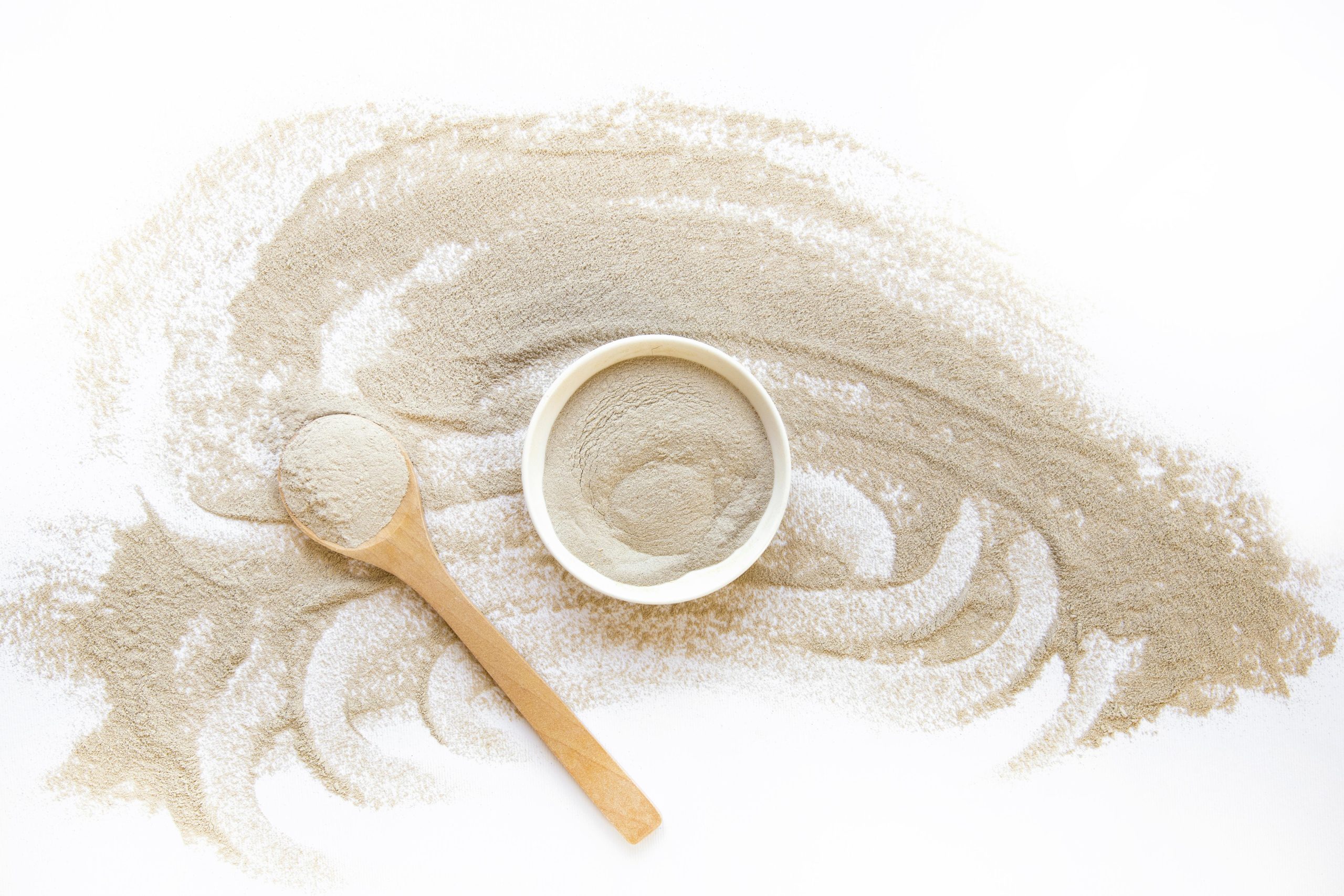The “hype” surrounding probiotics is actually backed by research, according to IPA, and includes findings to support it.
According to an article in The Washington Post, probiotic supplements may actually disrupt your gut health. The article advises readers to be cautious and warns that consuming live microorganisms in the form of gummies, powders, or capsules can disturb the balance of bacteria in the intestines and lead to reduced microbial diversity. The article also claims that probiotic supplements can lower the diversity of gut microbes, which is linked to various health issues.
IPA counters these claims about probiotics. The critical response team from the International Probiotics Association (IPA) states that the “hype” around probiotics is supported by research. The probiotic industry is based on over 1,600 registered probiotic clinical studies, with over 700 indications for probiotic supplements. Millions of probiotic doses are taken daily worldwide by various individuals, and there have been no reported deaths in healthy people due to probiotic supplementation. Probiotic foods and supplements are regulated globally with safe lists and quality manufacturing procedures. This is not just hype; it is a science-backed and established industry.
Regarding the idea that probiotics harm the microbiome, IPA points out that scientific evidence does not support this claim. Microbiome profiling is often done in probiotic studies, but it is not a clinically accepted biomarker and can vary significantly in how it’s performed, analyzed, and interpreted. IPA also refers to a recent scientific review on probiotic safety that discourages relying on microbiome profiling for safety assessments. Therefore, while lower gut microbiota diversity is generally associated with health problems, the author of the article has not provided evidence that probiotics can reduce diversity and cause health issues.
Regarding The Washington Post article, IPA raises concerns and presents counterarguments, including:
- The article refers to a 2018 paper as support, but IPA says this paper has been debunked by scientific experts and misquoted, with data taken out of context.
- The article suggests consuming fermented foods instead, but IPA clarifies that fermented foods may not necessarily contain probiotics unless they have been proven beneficial in high-quality clinical trials at the strain level. Fermented foods may not always contain prebiotics or postbiotics and may not list specific microbial components or their live microbial content. Moreover, not all fermented foods contain live microbes if they have been heat-treated or pasteurized. Inconsistencies can also occur between batches depending on the manufacturing process.
IPA emphasizes that there is no one-size-fits-all approach for gut health and that all biotics should be considered for their specific and unique benefits. It’s irresponsible for public media to make inaccurate comparisons without proper scientific research to support their claims.
In conclusion, IPA states that probiotics have documented health benefits for healthy individuals. As the probiotic industry moves towards interconnected standards and best practices, it is essential to highlight positive research on immunity, gastrointestinal health, and overall well-being rather than relying on social media evidence to create fear among consumers seeking gut and overall health benefits.


